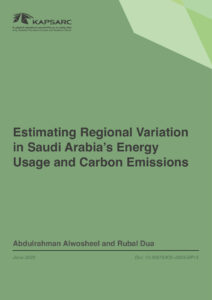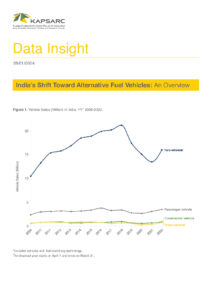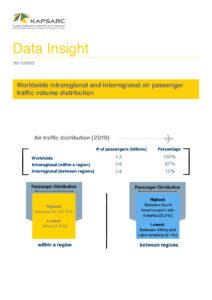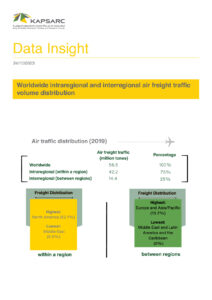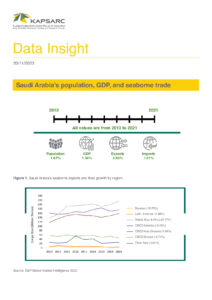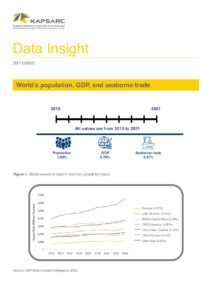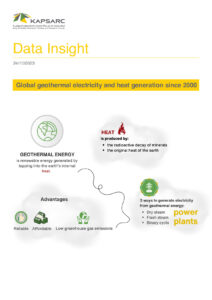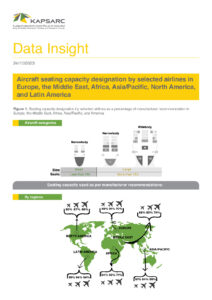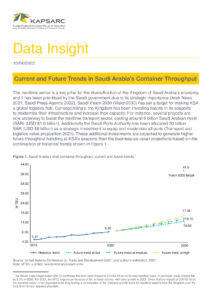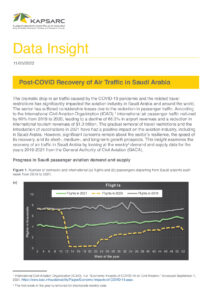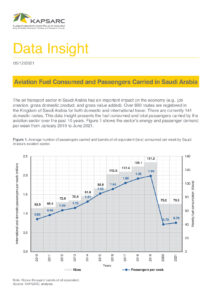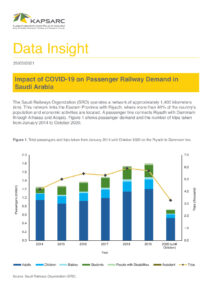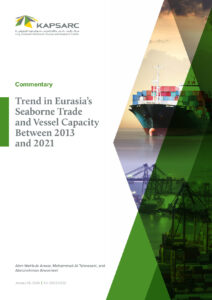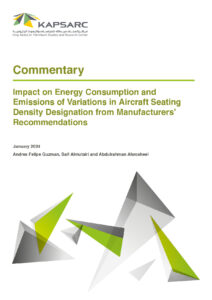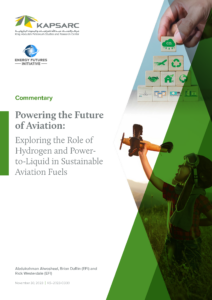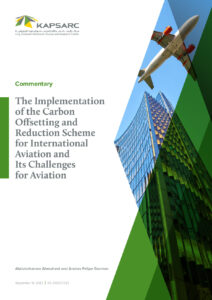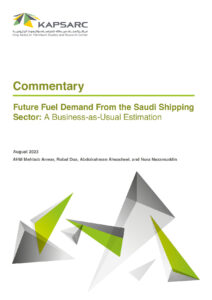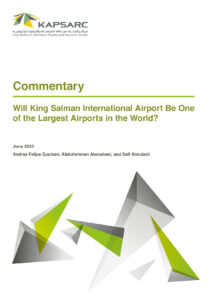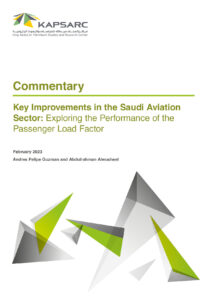Abdulrahman is a Lead Transportation & Infrastructure expert at King Abdullah Petroleum Studies and Research Center (KAPSARC). Before joining KAPSARC, Abdulrahman was a Lecturer at the College of Engineering at Muhammed Ibn Saud University. He also worked as a Traffic Engineer at the Riyadh Metro project. His interests are in transport demand modeling, aviation transport, life cycle analysis, alternative fuels, and energy demand. Abdulrahman holds a master’s degree in Transportation Planning and Engineering and a B.S. degree in Civil Engineering.
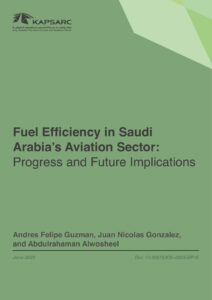
Fuel Efficiency in Saudi Arabia’s Aviation Sector: Progress and Future Implications
Despite the fast global expansion of the aviation industry, due to its sustainability issues, the industry’s concerns about energy efficiency and emissions are still very important. Studying the changing energy consumption patterns in Saudi Arabia is crucial, as the country is expected to see significant changes in the coming years with new infrastructure, an increase in tourism, and new airlines.
25th July 2023
